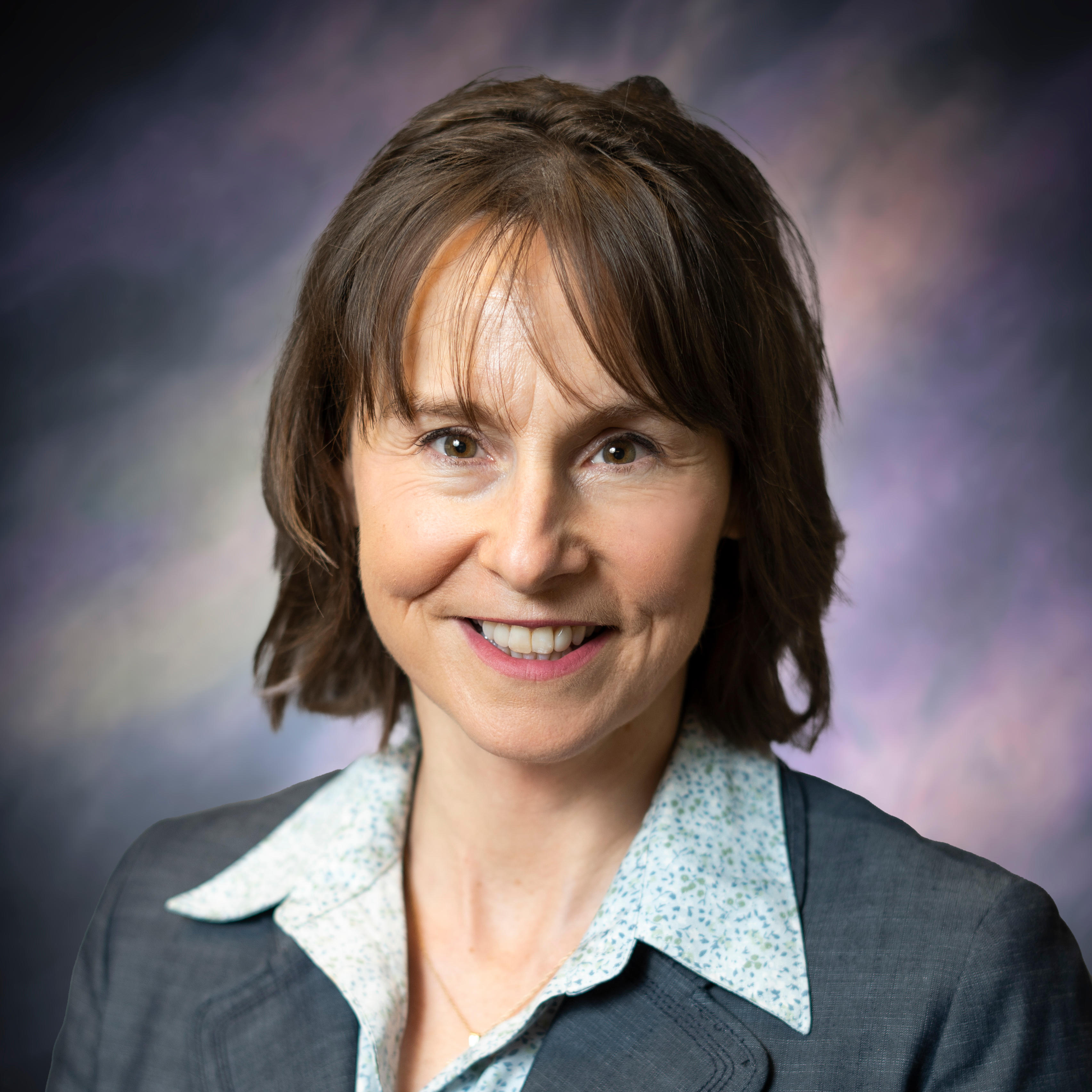
Inpatient Units (Pediatrics/PICU/NICU)
Rapid City Hospital’s Pediatric Unit, Pediatric Intensive Care Unit (PICU) and Neonatal Intensive Care Unit (NICU) are here for you if your child requires hospitalization. Offering pediatric care for children up to 18 years of age, our 16-bed Pediatric Unit and 6-bed intensive care unit are the only specialized pediatric units in the Black Hills region, providing care to more than 350 patients each year.
The Neonatal Intensive Care Unit is responsible for the care of premature and critically ill infants born at Rapid City Hospital and smaller community hospitals throughout the immediate five-state area. As a Level III healing environment, our NICU is the only one of its kind in western South Dakota, with 28 beds and the ability to treat most neonatal medical problems. Every year we care for approximately 350 newborns.
Our NICU provider team consists of neonatologists and neonatal nurse practitioners. Our nurse practitioners are in-house 24/7 to provide immediate management and emergent care for our smallest and most vulnerable patients.
Specialized Capabilities
- Ventilatory support including advanced ventilator modes
- Minimally invasive cerebral function monitoring
- Parenteral and enteral nutrition management
- Specialized total body cooling
- Inhaled nitric oxide therapy
- An exclusive human milk diet: Pasteurized donor human milk program, utilization of human milk fortifiers derived from human milk, and NICU-trained lactation consultants
- Neonatal Transport Team
- Retinal exams utilizing specialized equipment to screen for retinopathy of prematurity
- Prenatal consultation for high-risk obstetrics patients
- Attendance at high-risk deliveries
- Outreach education to referring hospitals in our four state regions
- Comprehensive diagnostic evaluation and intensive care for sick or premature newborns
- Low-risk surgical interventions
Outpatient Pediatric Services Offered at Rapid City Hospital
- Maintenance Chemotherapy Infusions
- Immunotherapy Infusions
- Injections
- Laboratory Testing
- Imagery(CT, MRI, Ultrasound, VCUG)
- Blood Administration
- IV Fluid Hydration
- Retinal Exam
How will my child react to hospitilization?
How your child responds to hospitalization will depend on his or her age, development and past experiences. How you react may also affect your child. If your child asks a question, be honest with your answer. If you do not know the answer, tell your child you do not know and then ask your nurse, doctor or other health care team member for help.
Common responses based on your child’s age:
- Infants: Infants (newborn to 12 months) are often afraid of noise and strangers. Babies usually will calm with your voice and touch. Music, infant toys or mobiles may help distract or calm your infant.
- Toddlers: Toddlers (1 to 3 years) are often afraid to be alone and may also be afraid of strangers, darkness, loud noises, and big machines. Tell your child that it is OK to cry but that you will be there as much as possible. Use simple terms and special words. Toddlers like special toys and blankets from home and they enjoy stories or movies to help relieve some of their fears.
- Preschoolers: Preschoolers (3 to 5 years) may be afraid when you leave and may also be afraid of the dark, masks, and hospital equipment. Preschoolers want to know “why” things happen and will use their imaginations for answers. Be honest about tests and exams and use words that your child understands. Time anchors such as “after breakfast” will help explain when things will happen.
- School-age: School-aged (6 to 12 years) children can accept being apart from you. They are afraid of body harm, pain and the unknown. An illness or injury that makes them different from their friends causes stress. Encourage your child to ask questions. Use books and pictures to help explain the answers.
- Adolescents: Adolescents (13 to 18 years) have concerns about being different from their peers, pain, loss of control and the possibility of death. They want information and ask very specific questions. Answers should be complete and honest. Allow teenagers to make as many health care choices as possible.
What should I bring from home/what will my child have in the hospital?
- A favorite toy or blanket can provide comfort to your child.
- Pediatrics has a wide selection of family-friendly movies and each patient room is equipped with a DVD player. Several video game consoles and games are also available.
- Older children and adolescents may prefer to listen to music or use their cell phones with parents’ permission.
What services are available at the hospital?
- Vending machines in the family lounge and first floor cafeteria.
- Coffee and juice for family members.
- Nourish Cafe open daily from 6:30 a.m. to 10:30 p.m.
- Meal trays can be delivered to family members for $5 per meal.
- Shower areas for family members; linens provided.
- An ATM is located in the lobby.
- Wifi access throughout the hospital.
- Free parking.
- Parking valets available at the main entrance.
What is the visitation policy?
Parents and guardians with children in the Neonatal Intensive Care Unit or the Emergency Department will be allowed to be with their child, two (2) at a time.
Through the support of the Monument Health Foundation, we are pleased to provide the NICVIEW™ camera system which allows parents to view their newborns 24/7 while they are receiving care in our NICU. The images are transmitted over a secure system and accessed through an individualized log in.

 Kyle Lemley, M.D.
Kyle Lemley, M.D.
Critical Care, American Board of Pediatrics, General Pediatrics, American Board of Pediatrics
Rapid City, SD
 Tamra Lemley, M.D.
Tamra Lemley, M.D.
Rapid City, SD
 Lucinda Weaver, M.D.
Lucinda Weaver, M.D.
Rapid City, SD
 Loni Bedard, CNP
Loni Bedard, CNP
Rapid City, SD
 Leslie Benson, CNP
Leslie Benson, CNP
Rapid City, SD
 Angie Fisher, CNP
Angie Fisher, CNP
Rapid City, SD
 Erica Galbreath, CNP
Erica Galbreath, CNP
Rapid City, SD
 Hope Giesler, CNP
Hope Giesler, CNP
Rapid City, SD
 Megan Hammerbeck, CNP
Megan Hammerbeck, CNP
Rapid City, SD
 Danelle Horst, CNP
Danelle Horst, CNP
Rapid City, SD
 Deb Kuehn, CNP
Deb Kuehn, CNP
Spearfish, SD
 Alysia Lester, DNP
Alysia Lester, DNP
Rapid City, SD
 Jennifer Pynduss, CNP
Jennifer Pynduss, CNP
Rapid City, SD







